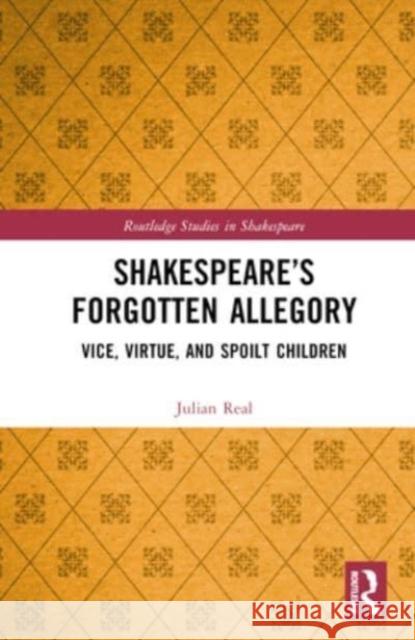Shakespeare's Forgotten Allegory » książka
topmenu
Shakespeare's Forgotten Allegory
ISBN-13: 9781032585512 / Twarda / 2023 / 272 str.
Shakespeare's Forgotten Allegory
ISBN-13: 9781032585512 / Twarda / 2023 / 272 str.
cena 759,15
(netto: 723,00 VAT: 5%)
Najniższa cena z 30 dni: 654,86
(netto: 723,00 VAT: 5%)
Najniższa cena z 30 dni: 654,86
Termin realizacji zamówienia:
ok. 16-18 dni roboczych.
ok. 16-18 dni roboczych.
Darmowa dostawa!
Shakespeare’s Forgotten Allegory posits that we have today forgotten a cultural icon that helped to bring about the Renaissance.











